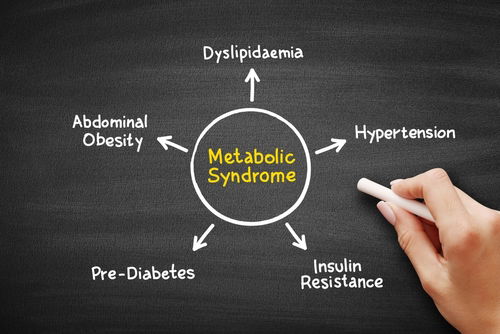PV-1 Gene: The Liver’s Metabolic Switch

Researchers at the University of Southern Denmark recently uncovered a groundbreaking approach to influencing liver metabolism in mice that could potentially transform weight loss strategies. Their research focuses on the plasmalemma vesicle-associated protein (PV-1) gene, which plays a crucial role in how the body manages energy sources during periods of food shortage or fasting.
Originally thought to influence only endothelial cell function for regulating blood flow, it now appears the PV-1 gene plays a critical role in controlling energy usage during periods of calorie restriction. The study also reveals intriguing possibilities for enhancing the effectiveness of weight loss medications by decreasing appetite and optimizing metabolism.
Normally, when food intake is reduced, the liver transitions from burning carbohydrates to oxidizing fatty acids for energy. However, by deactivating the PLVAP gene, scientists observed that the liver maintained its carb-burning state and bypassed the shift to fat oxidation. This altered process seamlessly redirected fat to muscles, which increases the potential for developing protocols for managing weight loss plateaus.
NOTE: The University of Southern Denmark’s PV-1 study on metabolism was initially published in the journal Cell Metabolism. The team of research scientists included Daniel Hansen, Jasmin Jensen, Christian Andersen, Peter Jakobsgaard, Jesper Havelund, Line Lauritsen, Samuel Mandacaru, Majken Siersbæk, Oliver Shackleton, Jonathan Brewer, Blagoy Blagoev, Nils Færgeman, and Kim Ravnskjær (all from SDU). Collaborators from Japan, the USA, and Finland. Danish scientists suggest that targeting the PLVAP gene could be key to overcoming common barriers by offering new hope for those with significant weight-loss goals.
How Cells Trigger Metabolic Changes
Prescription weight loss medications work by mimicking the natural hormone that reduces hunger and slows digestion to stabilize blood glucose release. Although people almost instantly shed unwanted pounds, many experience frustrating weight-loss plateaus as their metabolic rate adapts to less daily food intake. This is where the research on the PLVAP gene may offer unique solutions for long-term weight management.
By suppressing the PLVAP gene, researchers discovered the liver maintained its ability to burn sugar and oxidize fat, as if it were not in a fasting state. Additionally, fatty acids in the bloodstream were redirected to skeletal muscles rather than the liver, leading to improved insulin sensitivity and lower blood sugar levels without adverse effects. This highlights the role of hepatic stellate cells that use the PV-1 gene to regulate and initiate metabolic changes during fasting.
The Danish study suggests exciting opportunities beyond just weight loss and may open doors to innovative treatments for conditions like diabetes, fatty liver disease and other metabolic disorders. Certainly a dual approach of combining incretin mimetics with PLVAP suppression offers a more sustainable pathway for individuals with obesity and other weight-related health challenges. So, these study results likely mark a significant milestone in understanding metabolic health.
Kickstart Your Journey for Weight Control
Weekly prescription injectables, such as receptor agonists, are transforming the landscape of weight loss by offering fresh hope for individuals who have struggled with traditional methods. These prescription medications are not a magic bullet but serve as a powerful tool to complement vital lifestyle choices like maintaining a balanced diet and engaging in regular physical activity. Plus, by slowing gastric emptying, medications help control overall calorie intake to achieve meaningful weight loss.
However, long-term weight management success typically requires more than just a prescription. As mentioned, weight-loss journeys often hit frustrating plateaus due to metabolic slowdowns after drastic calorie reductions that trigger the body’s “starvation mode.” However, this new understanding of PV-1’s somewhat dual role in modifying metabolic rates creates hope for a new era in weight management science with more effective strategies for tackling obesity and other weight-related disorders.
Metabolic Research Center's proven weight loss programs can now include game-changing medications, designed to not only aid in weight reduction but also improve overall health and wellness. Visit us at the medical weight management clinic St. Augustine to see how our experienced team can help you achieve your goals for healthy living. All it takes is a quick email or phone call to learn more about MRC’s science-based programs. Don’t forget to schedule your free consultation, as the first step toward metabolic health and wellness.
By submitting this form, you agree to receive marketing text messages from us at the number provided, including messages sent by autodialer. Consent is not a condition of any purchase. Message and data rates may apply. Message frequency varies. Reply HELP for help or STOP to cancel. View our Privacy Policy and Terms of Service.

